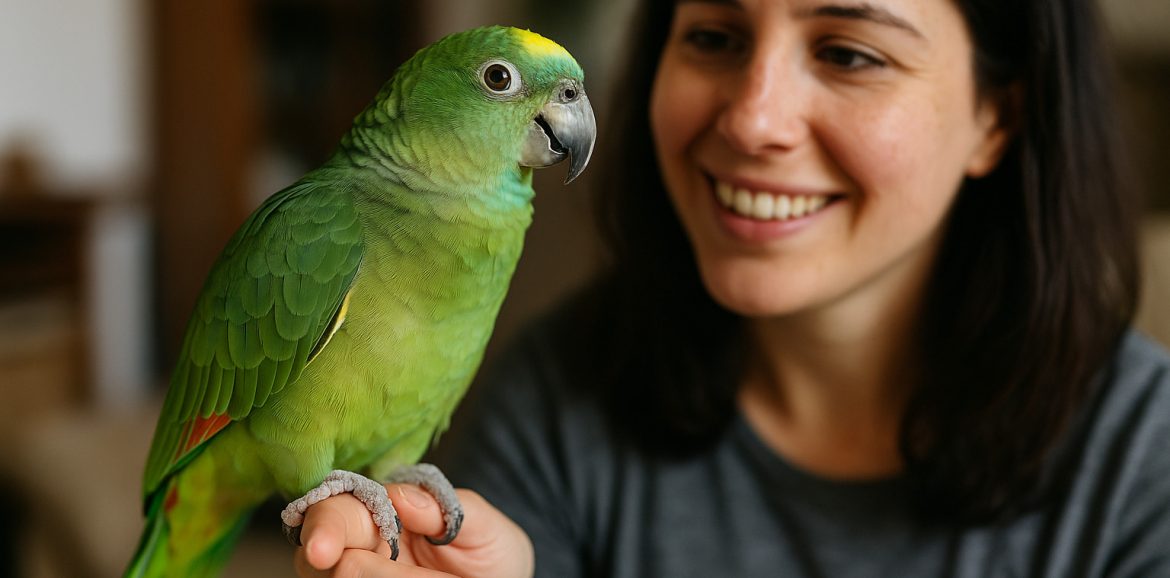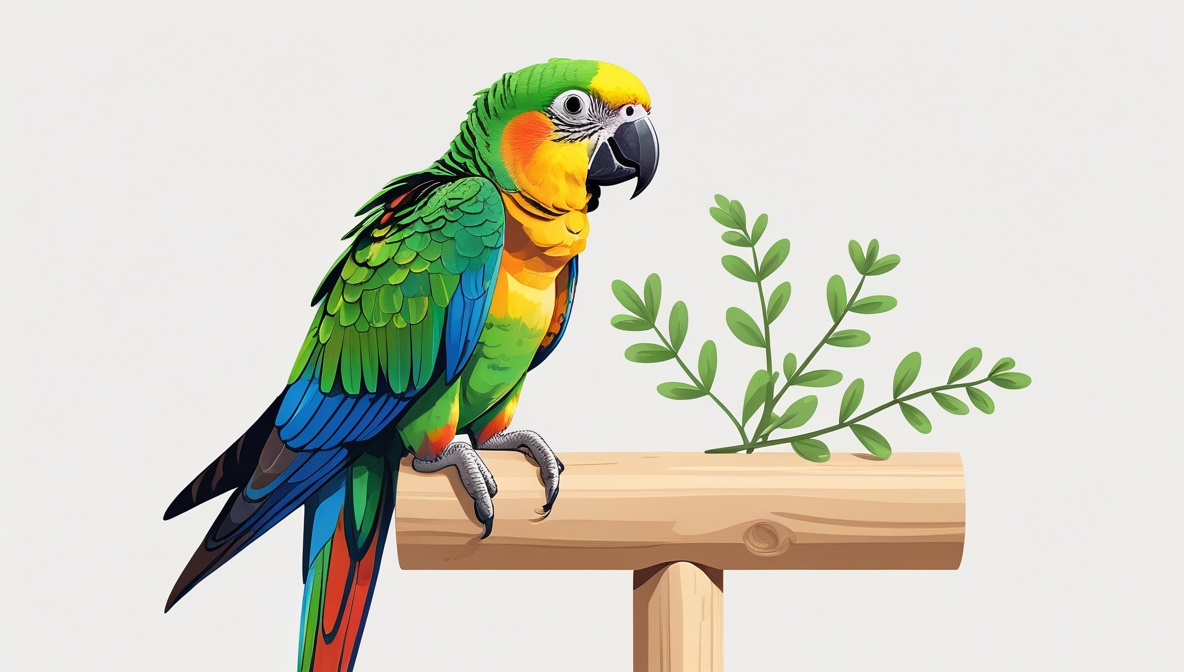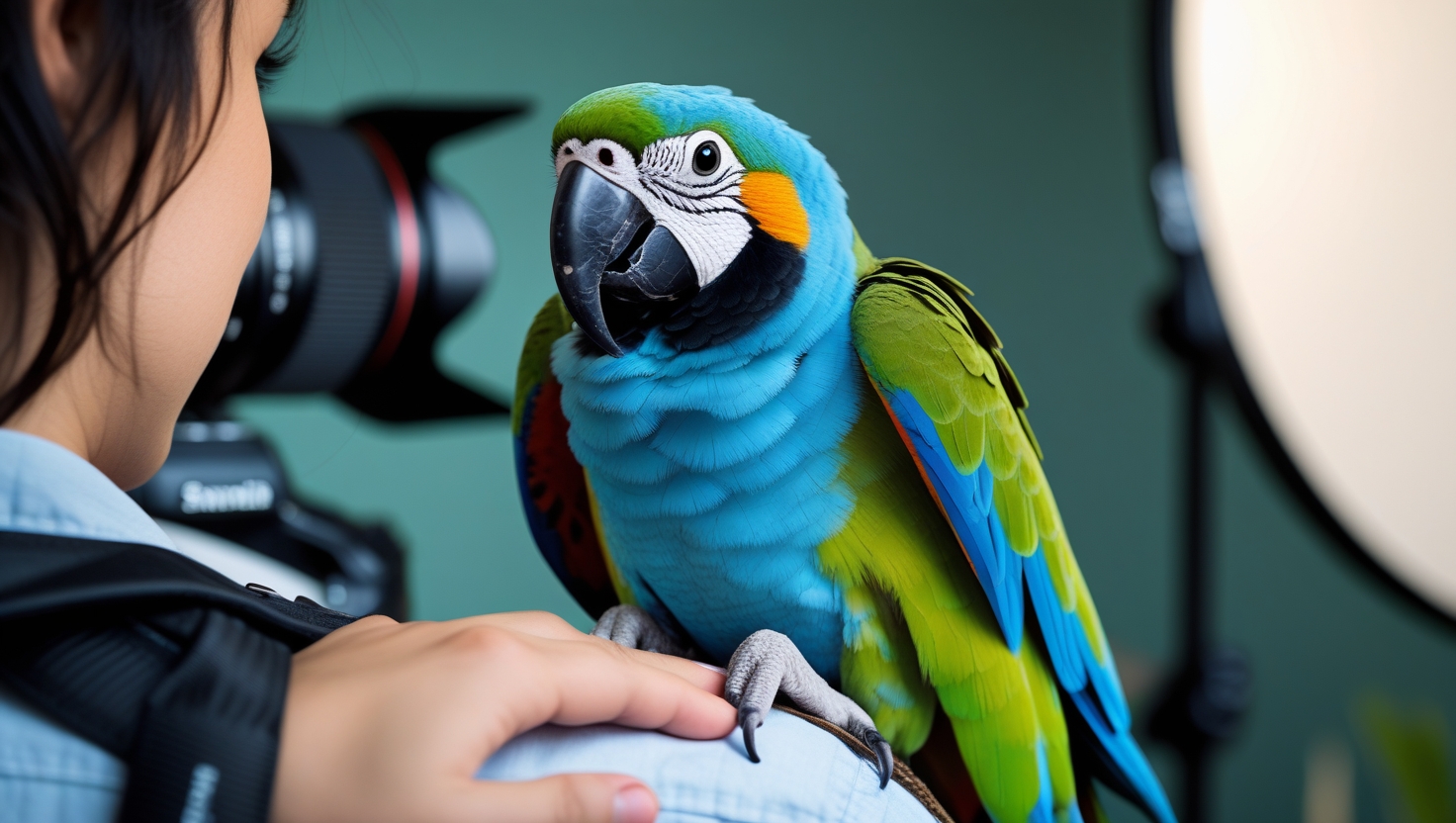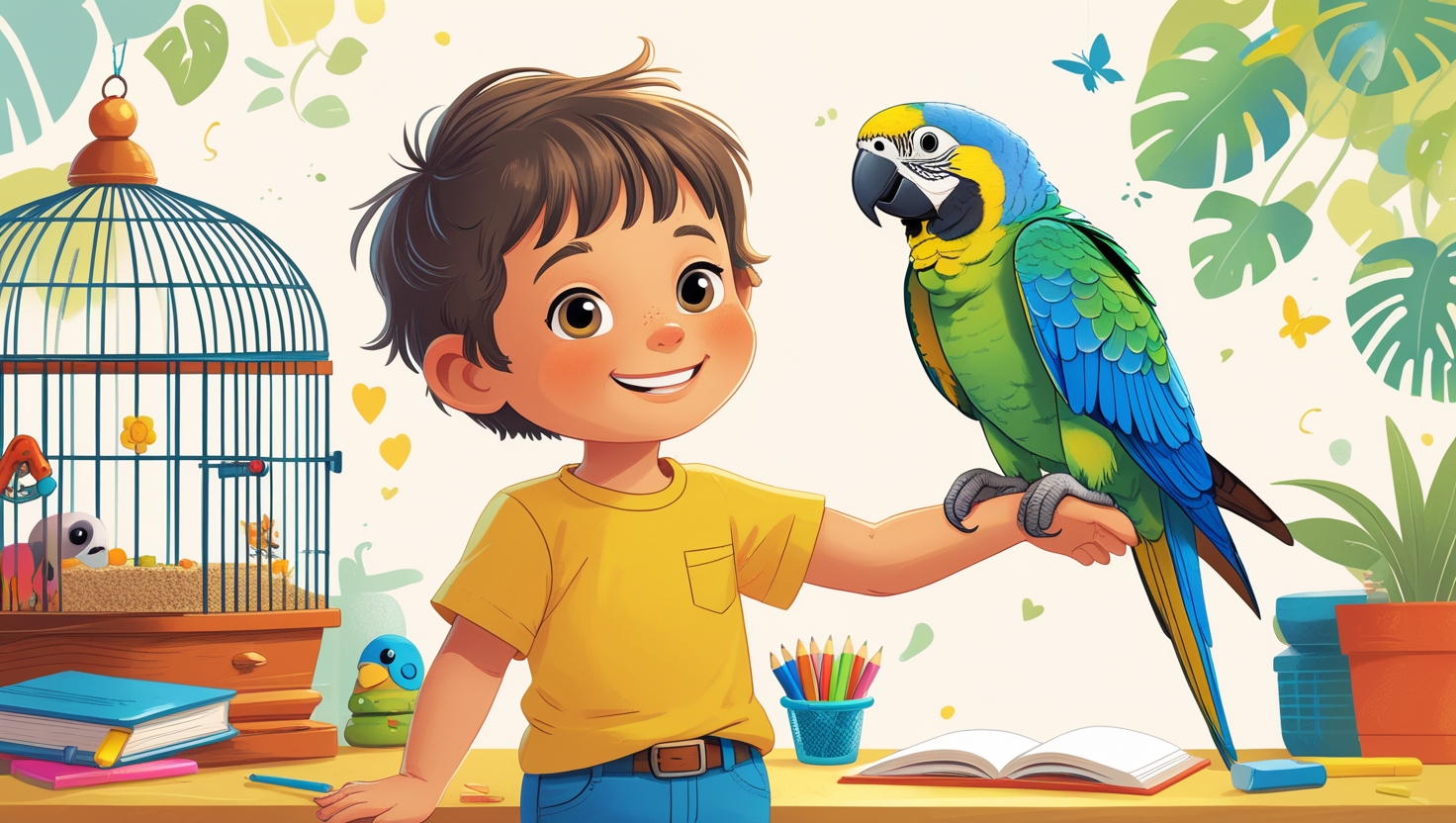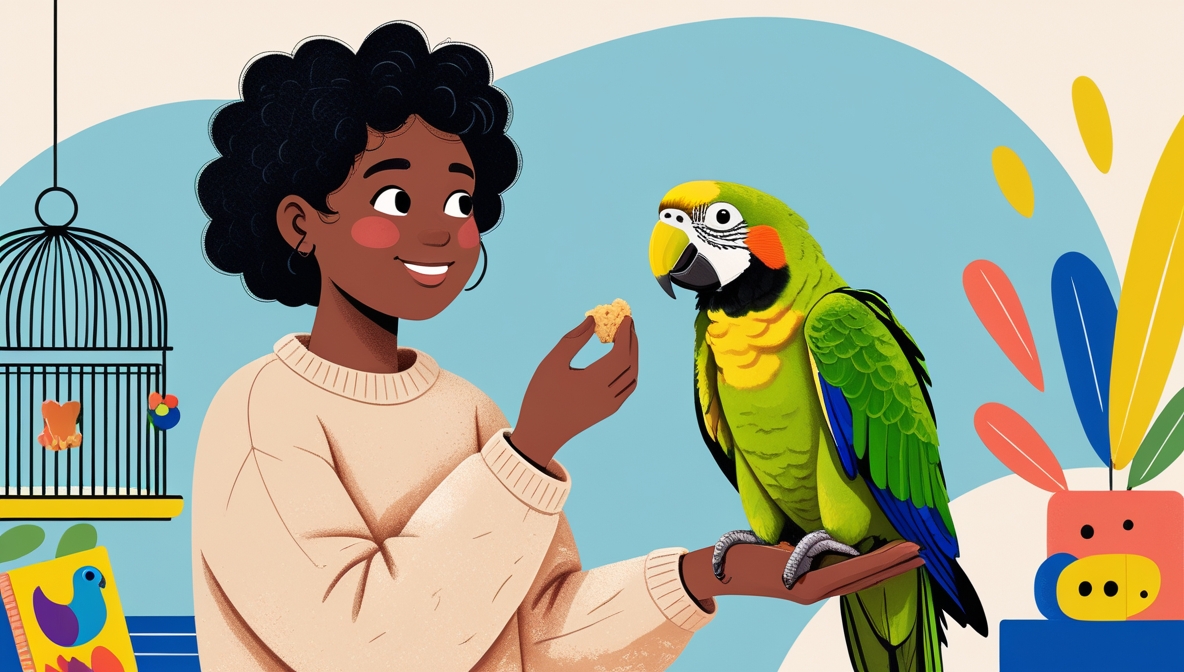Parrots thrive on interaction. Their intelligence, emotional sensitivity, and natural flock instincts make socialization a vital part of their well-being. Without meaningful engagement, they can develop behavioral issues, emotional distress, and even physical health problems. Understanding why socialization matters and how to provide it can transform a parrot’s quality of life.
Why Socialization Matters for Parrots
Parrots are flock animals in the wild, relying on constant communication, shared activities, and close bonds for survival. In captivity, humans become part of that flock. A lack of social connection can lead to:
- Boredom and frustration that may cause feather plucking or screaming
- Increased aggression due to lack of trust or fear of interaction
- Depression from isolation and lack of mental stimulation
- Reduced adaptability to changes in their environment or routine
Regular interaction reinforces trust, stimulates their minds, and helps maintain emotional stability.
Signs Your Parrot Needs More Socialization
Observing your bird’s behavior offers clear clues about its social needs. Signs include:
- Excessive vocalization without apparent reason
- Chewing or destroying objects more than usual
- Fluffing feathers and remaining motionless for long periods
- Avoiding interaction or reacting aggressively when approached
- Repetitive pacing or other stress-related movements
Recognizing these behaviors early allows you to address social needs before they escalate.
Effective Ways to Keep Your Parrot Engaged
1. Daily Interaction
Spend consistent time with your parrot every day. Short, frequent sessions often work better than one long interaction. Talk to them, whistle, or sing, even if they are in their cage. This keeps communication active.
2. Training Sessions
Training strengthens your bond while providing mental stimulation. Teach simple commands like step-up, turn around, or wave. Use positive reinforcement with treats or verbal praise to encourage learning.
3. Out-of-Cage Time
Allow supervised time outside the cage to stretch wings and explore. Provide perches, play stands, or designated safe areas where they can interact with you and their surroundings.
4. Enrichment Toys
Rotate toys regularly to maintain interest. Include foraging toys, puzzle feeders, ropes, bells, and shreddable items. Variety keeps their minds active and reduces boredom.
5. Social Exposure
Introduce your parrot to different people, sounds, and safe environments. Gradual exposure helps them adapt to new experiences without stress.
6. Shared Activities
Include your parrot in your daily routine. Let them sit nearby while you read, work, or watch television. This builds familiarity with your lifestyle and strengthens trust.
Building Confidence Through Socialization
Socialization not only prevents problem behaviors but also builds confidence. Parrots that feel secure around people and in various environments are less likely to react with fear. Confidence also makes veterinary visits, grooming, and travel less stressful.
To encourage confidence:
- Start interactions at your parrot’s comfort level
- Avoid forcing contact, allowing them to approach at their own pace
- Reward curiosity and calm behavior
- Keep experiences positive and free from sudden loud noises or aggressive handling
Socialization for Different Parrot Species
Different species have varying social needs and temperaments. For example:
- African Greys require high mental stimulation and may be more sensitive to changes
- Cockatoos are extremely affectionate and may demand more hands-on attention
- Macaws thrive with active, playful interactions
- Budgerigars and lovebirds enjoy socializing with both humans and other birds
Understanding your parrot’s species-specific traits helps tailor your approach.
Common Mistakes to Avoid
- Overwhelming new situations can cause stress instead of building trust
- Ignoring body language may lead to bites or fear-based behaviors
- Leaving them alone for long periods can cause emotional distress
- Using punishment damages trust and makes socialization harder
Focusing on patience and consistency will yield better long-term results.
Long-Term Benefits of Proper Socialization
Well-socialized parrots are more adaptable, healthier, and better companions. Benefits include:
- Stronger human-bird bond
- Reduced risk of stress-related illnesses
- Easier handling for grooming and vet visits
- Greater confidence in new situations
- More interactive and rewarding companionship
Parrots are intelligent, emotional beings that need more than food and shelter. They need connection. Socialization fulfills their instinctive flock needs, strengthens trust, and ensures they remain healthy and engaged throughout their lives. Providing consistent interaction, varied stimulation, and positive experiences creates a happier, more confident parrot that thrives both mentally and physically.
